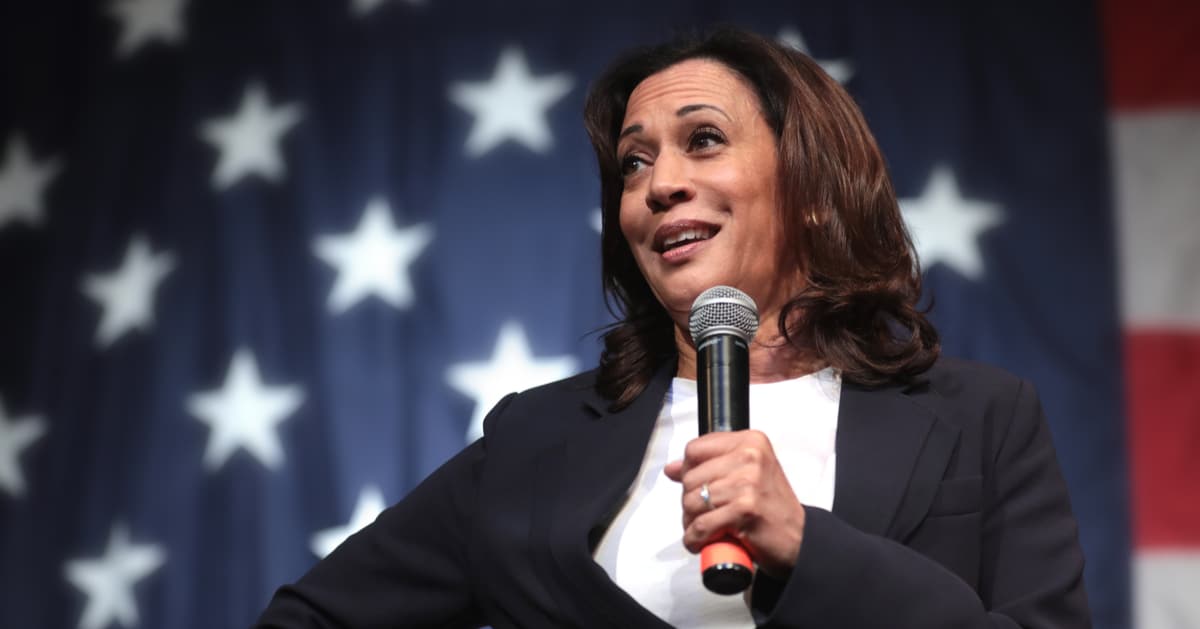Navarro was supposed to begin his sentence in a Miami federal prison, starting Tuesday at 2 p.m., marking a significant turn in the accountability measures for those involved in the Capitol riot aftermath.
The conviction covers two counts of contempt of Congress, charges laid against Navarro for his refusal to provide both testimony and documents demanded by the House January 6 committee. This committee was formed to investigate the attempts by Trump and his associates to subvert the election results.
A Closer Look at the Legal Battle Over Executive Privilege
Navarro's legal issues began when the House select committee, probing into the events leading up to and on January 6, 2021, subpoenaed him for documents and testimony. Navarro, citing "executive privilege," refused to comply with these demands. This concept of executive privilege, often invoked to keep presidential communications confidential, became a pivotal point of contention throughout the proceedings.
The argument presented by the committee was that many of the subjects they wished to inquire about were not directly related to conversations with President Trump, and thus, could not be shielded by executive privilege. This position was instrumental in the developments that followed, leading to Navarro's indictment and subsequent conviction. The indictment, formalized into a two-count misdemeanor by the Justice Department, echoed the measures of accountability being pursued by legal authorities.
Navarro's conviction was not easily challenged in the appeals process. The D.C. Circuit Court of Appeals panel pointed out Navarro's failure to contest the fairness of his conviction early on. This oversight was crucial, as it cemented the legal stance against his appeals. Chief Justice Roberts, overseeing the application directed at him due to his role as the circuit justice for the D.C. Circuit, decided to rule on the request himself, without deferring it to the full court. His decision was succinct, stating, “I see no basis to disagree with the determination that Navarro forfeited those arguments in the release proceeding, which is distinct from his pending appeal on the merits.”
Impact Beyond the Courtroom
The implications of Navarro's case extend beyond his personal legal battles. He, alongside Steve Bannon, another Trump adviser, was a central figure in the efforts to contest Joe Biden's electoral victory, referred to as the "Green Bay sweep." This strategy, coupled with Navarro's authorship of a three-part report containing discredited claims of election fraud—which were then amplified by Trump—highlights the concerted efforts to undermine the election's legitimacy.
Interestingly, while Navarro faces the start of his jail term, Steve Bannon, who was also convicted of contempt of Congress, remains free while his appeal is pending. This discrepancy underscores the varied outcomes and strategies of those implicated in the January 6 investigations. Bannon's freedom, juxtaposed with Navarro's incarceration, presents a vivid picture of the ongoing legal proceedings related to the Capitol riot.
The judge presiding over Navarro's case, Amit Mehta, and the three-judge panel of the D.C. Circuit Court of Appeals, played instrumental roles in the denial of Navarro's effort to remain out of prison pending appeal. Their decisions, upholding the initial conviction, have set a precedent in the legal accountability for actions aimed at subverting democratic processes.
Reflection on a Historic Legal Precedent
In conclusion, Peter Navarro's denial of an emergency motion by Chief Justice John Roberts underscores a momentous chapter in the legal aftermath of the Capitol riot. Starting his four-month jail term, Navarro becomes the first Trump White House member to be incarcerated in connection with the January 6 investigations. His conviction for contempt of Congress, stemming from his defiance of a subpoena for testimony and documents, highlights the investigative efforts into the attempts to overturn the 2020 election results. As the legal saga unfolds, Navarro's incarceration is a victory for Democrats who want to punish Trump's allies.








